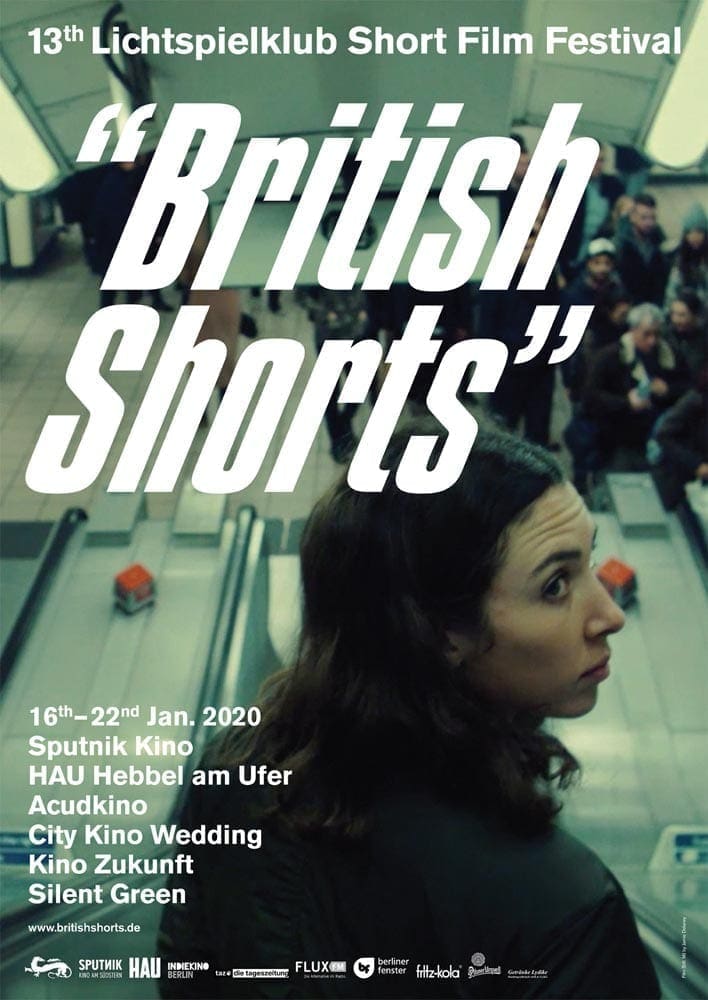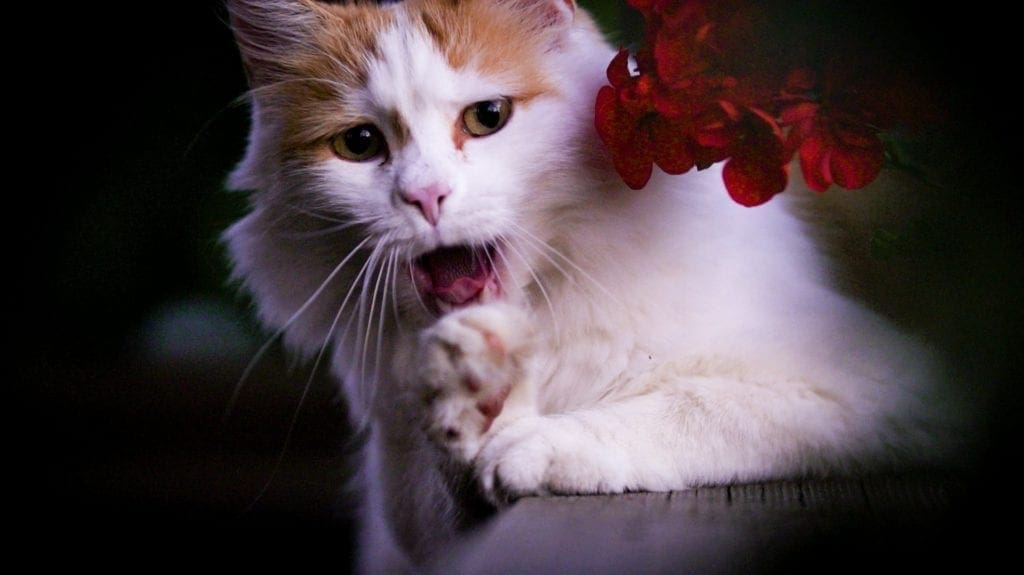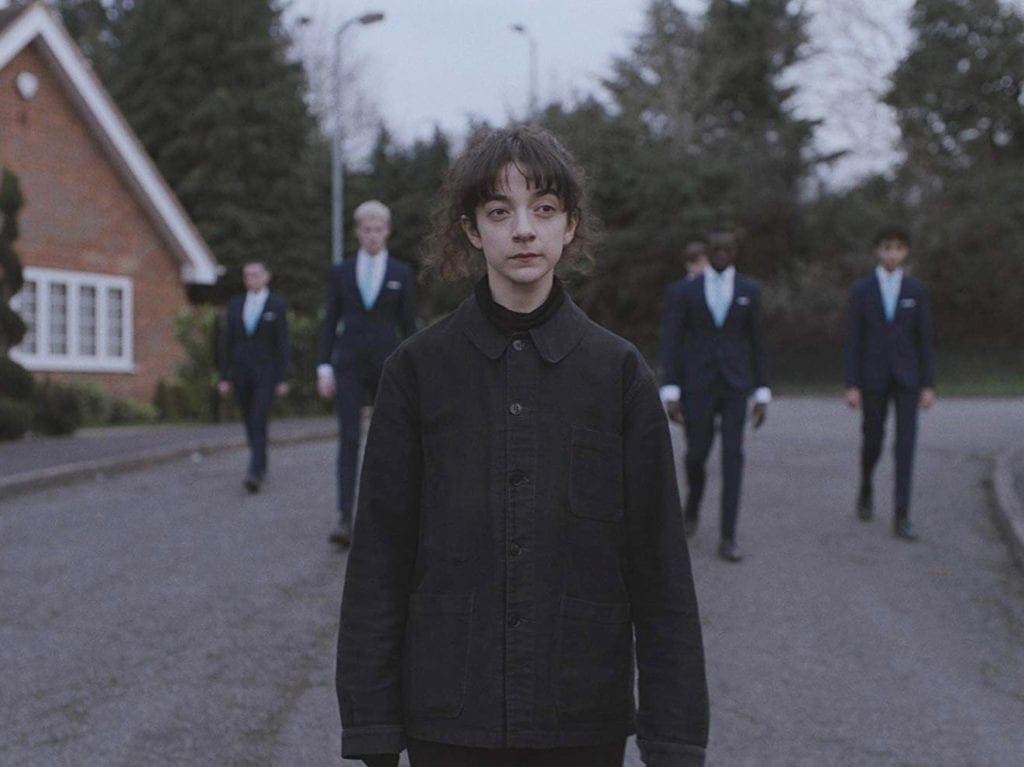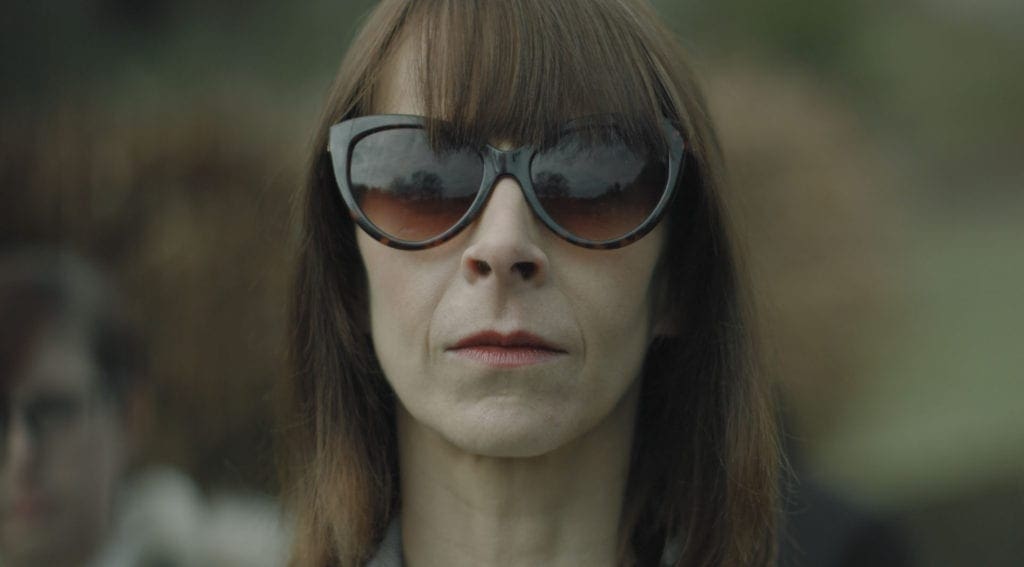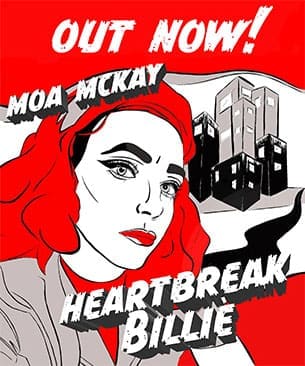This Thursday will see the beginning of a week-long short film extravaganza where the best of new British short films will be showcased to Berlin audiences at the 13th British Shorts Film Festival.
It is perhaps fitting that 2020, the year of Brexit, marks the 13th year of British Shorts. As the UK as a nation trudges onto an unknown future and perhaps, calamity, this year’s British Shorts will function with a dual purpose.
Not only will it be a chance (as always) by which to showcase the cream of the crop in terms of British and Irish short filmmaking talent, but it will also serve as a means to show that amid the hellscape that is British politics, there are shining creative lights that will not be put out by modern-day turmoil and uncertainty.
In fact, quite the opposite and in many cases, this disconcerting era in the UK has sown the seeds for some exceptional filmmaking, at least if the Britsh Shorts program is anything to go by.
Brexit Means Inspo
It is definitely not a coincidence that the first film that will be shown at British Shorts is dedicated to Brexit. NYET! – a Brexit UK Border Farce by Alex Helfrecht and Jörg Titte which deals with the story of Boris (Hmm?) and Olga’s experiences at the port of Dover and their interactions with the authoritative powers that be in the age of Brexit. Nor is it likely unplanned that Dan Emmerson’s experimental Where Were You? Which is “bittersweet portrait of Britain on its last legs as a part of the EU” is the opening film on Friday evening either.
Both these films paint a picture of what one of the main themes of this year’s festival will look to focus on and are just two films with Brexit as the inspiration. There is also Harry Lighton’s Leash on Saturday night which uses Brexit and it’s xenophobic connotations as a backdrop, while Sunday’s opener from Freddy Syborn, Capital – film that focuses on a familiar 52% majority in a referendum that brings back capital punishment to the UK -has obvious parallels with another controversial vote that Britain held back in 2016.
However, those with political fatigue from the 3 and half years of Brexit dialogue need not be wary of attending the festival of fear that the whole festival will serve as an ode to the controversial EU vote. Rather, there is plenty of films that are far from this top and widely diverse in nature and with some, in fact, some areas of the festival are built with the purpose in mind to directly move away from this bleak topic.
The Tuesday of the festival, for example, is titled “Weird Britain” and have been billed as an opportunity to “Forget about Brexit and have a look at the funny and the strange side of the U.K. … God save British humour!”. The fact that this falls on the second the last day of the festival was likely designated in order to end the week on a high.
Throughout the week though there is plenty of escapism from the problems at hand. The animated, Just Agree Then by Duncan Cowles and Ross Hogg is described as “far from the Brexit hustle and bustle”. While the black comedies The History of Nipples by Tom Bailey, and Caitlin Young’s animation Breast Friends, are twos films that are quite literally, “the tits” and will help take you in a completely different direction and breathe a breath of fresh air into your cinephilic lungs.
Society – Online and Off
Other elements of the festival will deal with the different looming social presences of our time. Influencers Anonymous from Ross McClure and Jamie Delaney’s thriller, MJ, take aim at social media. Meanwhile, modern families will be explored in various ways over the British Short 20202. Russell Davidson’s Lucky Star, Gordon Napier’s Anam and To Be a Torero from Inma de Reyes are just some tales about various family dynamics.
Elsewhere on the topic of family, the UK’s society compiled of a diverse melting pot of cultures and religion – which can sometimes be problematic – is highlighted via a number of different films in the festival. Amrou Al-Kadhi’s coming of age piece, Anemone deals with a second-generation non-binary individual functioning in a religious family.
While in the Dekel Berenson drama Ashmina a young girl chooses between her family and foreign visitors. Immigration is commented on elsewhere too. With Steven Chatterton and Mark Arrigo’s, Adnan taking a look at a young Syrians refugees’ relationship with his PTSD suffering mother, and Moin Hussain’s Naptha reflects on the loss of culture as an immigrant.
There are also plenty of films that, in the true spirit of UK social realism, deals with the realities of UK life whether that be in the big city, such as in James Price’s Boys Night, or in rural areas, such as in The Field from Sandhya Suri respectively. More commentary but in various formats can be seen in Julian Gallese’s animated look at dairy orientated communities, called Don’t Buy Milk. While the intensely creepy, musically-charged and comedic, The Devil’s Harmony, depicts the tale of a bullied captain of an a cappella club wreaking vengeance upon her bullies.
However, from all these socially aware pieces set to be shown, Stephanie Zari’s Being Keegan which stars one of the most outstanding UK thespians, Stephen Graham, looks like the biggest “can’t miss” film, in my opinion. Dealing with a military member dealing with past trauma in his native Liverpool is another film with this spirit in mind and promises to be an early contender for the stand-out film from the festival. You can catch this early on Sunday night.
While I have done my best to communicate some of the recurring themes that the festival will showcase, there is a whole plethora of other weird and wonderful films, as well as plenty that are harrowing and hard-hitting on offer. It will be up to you to find the picks that best suit you, but you can find the full program here.
Music, Exhibitions and Workshops
The festival is also peppered with music videos. Mostly, a music video from the UK urban scene. Notably, Deal Wiv It from rapper SlowThai, a breakthrough act of 2019 who became the voice of the disgruntled youth in the UK with his critically acclaimed debut album Nothing Great About Britain.
In that same vein of thought, a video for Farai’s This Is England, a letter to now ex-prime minister Theresa May will be shown on Friday Night. Then from the new-era to the old-school, UK Grime legend, Kano, AKA Sully from Netflix’s Topboy for those less UK music literate, will also have the music video for his track Trouble and Class shown on Saturday too. This is to name just a few, however, and those who like their music visual will have plenty to devour here.
Those who are more partial to live music also have plenty to enjoy too. In fact, the festival kicks off with a performance from Sound 8 Orchestra, who will are set to provide” retro-futuristic B-Movie soundtracks and psychedelic electro sounds” to welcome you into the festival.
While a concert from Johnny Zabala on Sunday evening will offer a “uniquely unorthodox and non-nostalgic blend of disintegrating blues and country progressions” to your hearing gear. You can also catch Nichtseattle and Glassberg & The Disasters on Friday and Saturday night respectively.
There are further elements outside the program for the film screenings. Notably, there will be a homage from British Shorts to the legendary BAFTA-winning Scottish actress and short film enthusiast, Kate Dickie. This will take place as the first event of the Sunday evening program and will include a talk from the woman herself.
While throughout the week, you can indulge in photo exhibition focused on changes in British society and culture brought to life by the British Culture Archive. While for some other visual pleasures in the form of social and documentary photography, The British Culture Archive will be displaying the works of Richard Davis, Rob Bremner, Tish Murtha and moreover the course of the 7 days. You can dip into this exhibition as and when you please and experience the transition over generations of British society.
For those out there who don’t just want to view but want to participate there are also two opportunities to do this. Over the weekend of the event (18th-20th), a workshop with the theme “Crossing Borders” will provide participants with a 48-hour window to create their own short films which will then be showcased on Monday evening.
While on Tuesday, there will be an open screening for filmmakers and fans alike where anyone who has a short film (max 20 mins) can showcase their films and answer a short Q&Q from the audience. Thus, giving them a chance to show their films to a wider audience, free from typical selection procedures.
The bring the event to a close, the finale will see the Brtish Shorts very first award show on Wednesday night. All the films nominated for the Jury Award at HAU2 will be screened before the winner of this award is announced. While audience members will be able to vote for their winner of the audience award throughout the course of the festival. The winner of this vote will then also get one final screening at the HAU.
As you can see, it is a packed roster with plenty to experience to participate in. Although predominantly you can catch the screenings at the Sputnik Kino, the festival can be enjoyed across a number of different venues. These include HAU Hebbel am Ufer, Acudkino, City Kino Wedding, Kino Zukunft and Silent Green.
The full festival will run from Thursday 16th– Wednesday 22nd of January.

